Two thirds of parents notice negative effects of screen time on their children - here's how make it more positive
Nearly all parents are trying to cut down their child's screen time - but it's easier said then done
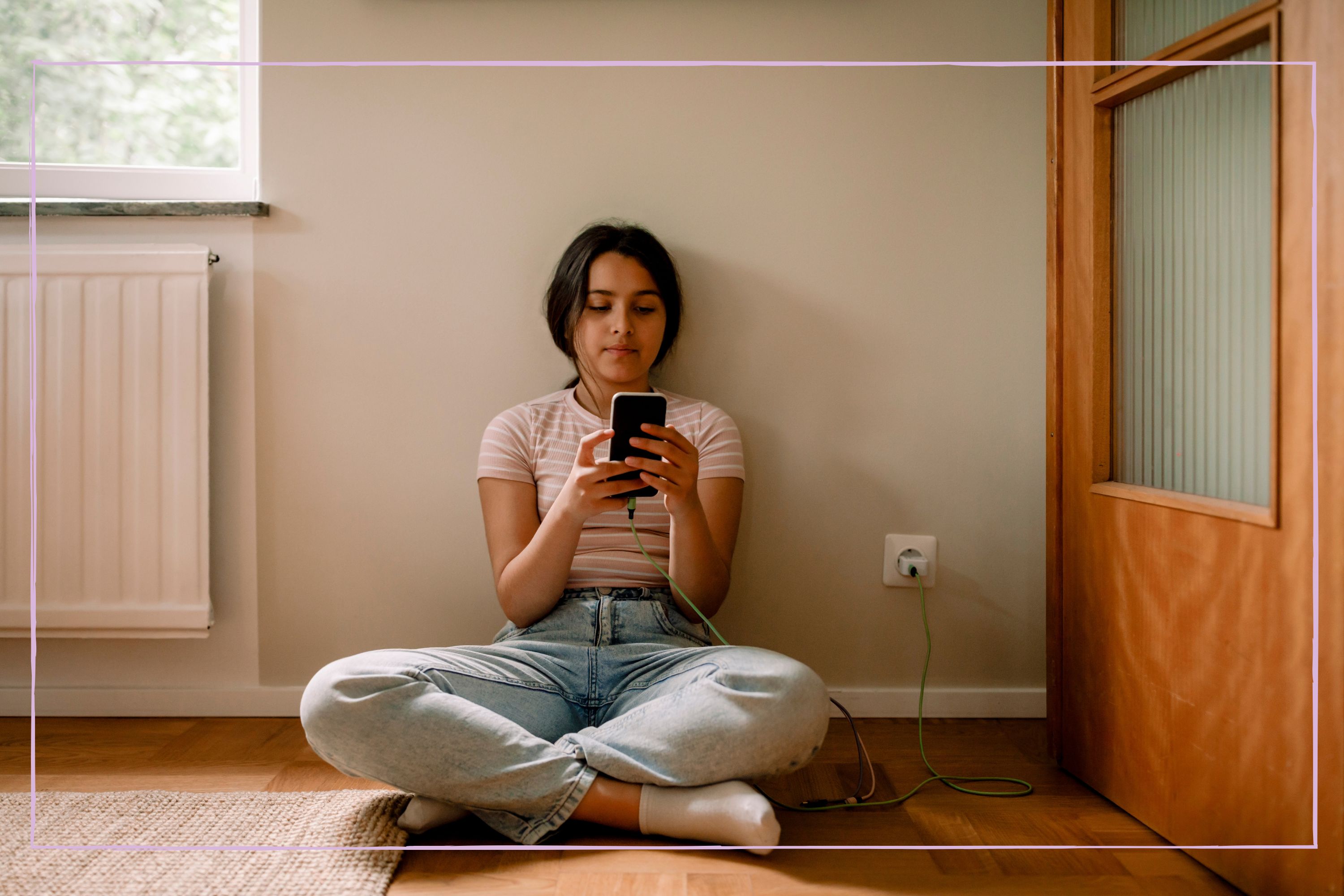
A new poll has showed that two thirds of parents notice negative effects of screen time on their children, but screen time doesn't have to cause problems - here are our tips and tricks to get a more positive result out of it.
The topic of screen time is a divisive one, with solid and justified arguments on both sides of the conversation. While there are some benefits of screen time, everyone can agree that kids missing out on outdoor play, exercise, and ample homework time is a negative and it has even been linked to abnormal behaviour in toddlers.
It's these negatives that have parents worried. A new poll has revealed that two thirds of parents have spotted negative effects in their child if they spend too much time looking at screens and 49% of parents are concerned about the amount of time kids spend looking at phones and tablets.
The solution many have tried to implement is to reduce their child's screen time, but of the 88% who are trying to do so, more than a third are finding it too difficult to drag their kids away from their screens in order for them to do homework or chores around the house, the poll has found. If you're navigating the same issue, wondering why your teenager is tuning you out or if you're struggling with a child who won’t listen to your pleas to get offline, this TikTok parenting hack should make your kids listen more and pushback less.
As reported by The Mirror, Matt Buttery, Chief Executive of Triple P UK and Ireland, the body who commissioned the research, said, “The amount of time children are spending on screens is becoming an increasingly pressing concern for parents in the UK, particularly following the pandemic. Research has shown that, whilst children do gain benefits from accessing social and educational information online, too much screen time can negatively affect children’s healthy development.”
It would be an impossible task to completely remove screens from a child's life but there are steps that can be taken to reduce screen time, to better increase safety online with life-saving questions to ask your child if they’re online gaming, and to better balance screen time with sleep by following expert tips to ensure screens aren't keeping kids awake all night.
Instead of banning screens, why not try to make screen time a more positive experience? The Mayo Clinic, who aim to solve the world's most serious and complex medical challenges, urges parents to 'keep in mind that the quality of the media your child is exposed to is more important than the type of technology or amount of time spent online.'
GoodtoKnow Newsletter
Parenting advice, hot topics, best buys and family finance tips delivered straight to your inbox.
With this in mind, they suggest to ensure more quality screen time. They add to avoid 'violent content and apps with a lot of distracting content' as well as to 'eliminate advertising on apps, since young children have trouble telling the difference between ads and factual information.'
They also advise to, "Preview programs, games and apps before allowing your child to view or play with them. Better yet, watch, play or use them with your child. Seek out interactive options that engage your child, rather than those that just require pushing and swiping or staring at the screen.
"Use parental controls to block or filter internet content [and] make sure your child is close by during screen time so that you can supervise his or her activities."
Keep up to date with other family news like don’t want your kids to grow up too fast? Science says this parenting style is the way to go and asking your kid this question could do wonders for their self-esteem – here’s why, as well as why you shouldn't tease your child about having a ‘boyfriend’ or ‘girlfriend’, according to parenting experts.
Charlie Elizabeth Culverhouse is a news writer for Goodtoknow, specialising in family content. She began her freelance journalism career after graduating from Nottingham Trent University with an MA in Magazine Journalism, receiving an NCTJ diploma, and earning a First Class BA (Hons) in Journalism at the British and Irish Modern Music Institute. She has also worked with BBC Good Food and The Independent.
-
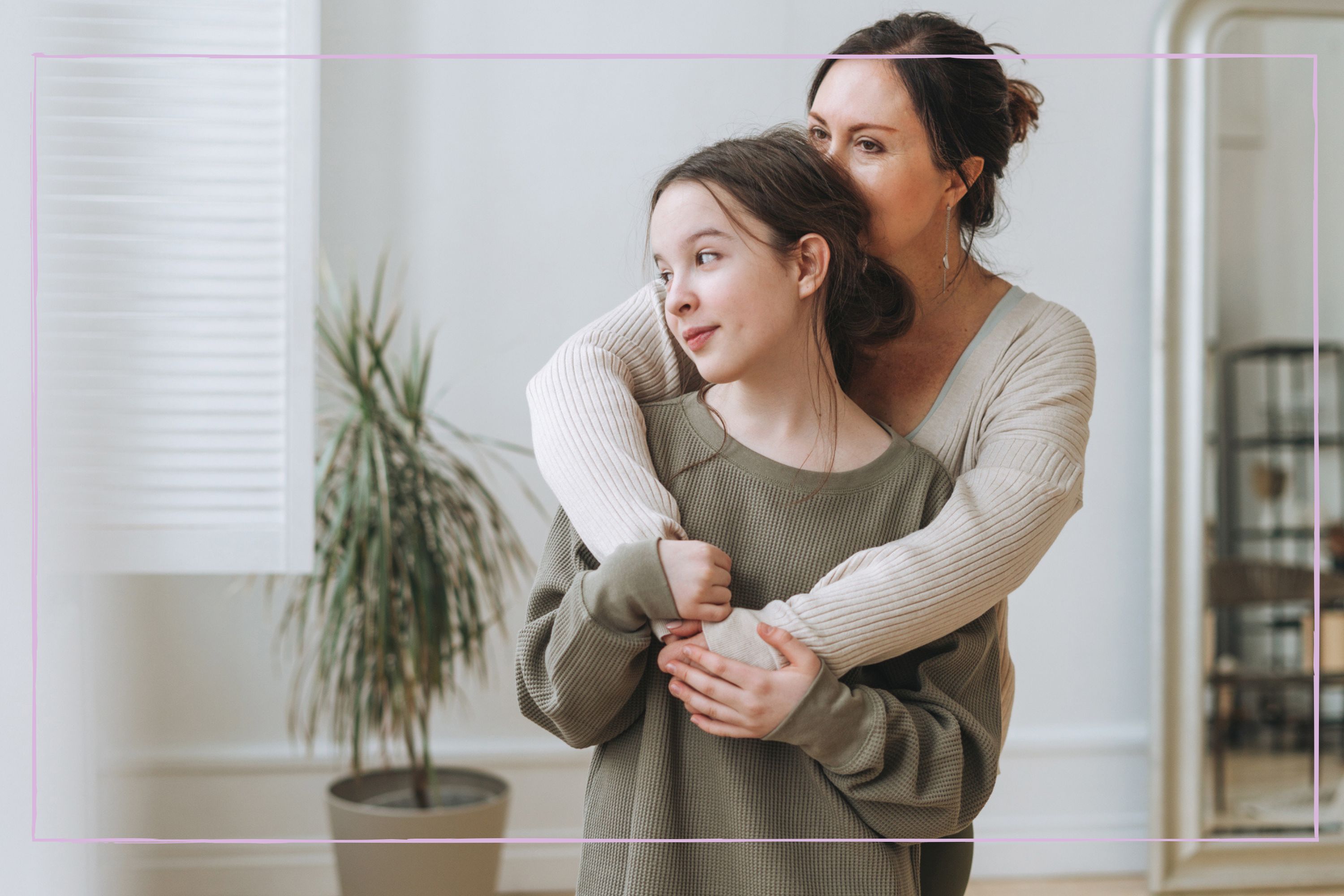 Strong willed teens don’t need to be ‘tamed,’ they need to be nurtured - expert shares how
Strong willed teens don’t need to be ‘tamed,’ they need to be nurtured - expert shares howIt might surprise parents when their strong willed child remains that way into the teenage years - instead of crushing this part of their temperament, an expert shares how to nurture it.
By Lucy Wigley Published
-
 We ask teenagers what they wish their parents had done differently, and their answers are surprisingly candid
We ask teenagers what they wish their parents had done differently, and their answers are surprisingly candidA lot of parents will wonder if their kids wish they'd done some differently, but never get to find out. We got to ask some teens this question, and here's their candid answers.
By Lucy Wigley Last updated
-
 9 things I'm doing to teach my teenage son about 'toxic masculinity'
9 things I'm doing to teach my teenage son about 'toxic masculinity'Influencers are having a worrying impact on young boys' behaviour and attitudes
By Debra Waters Published
-
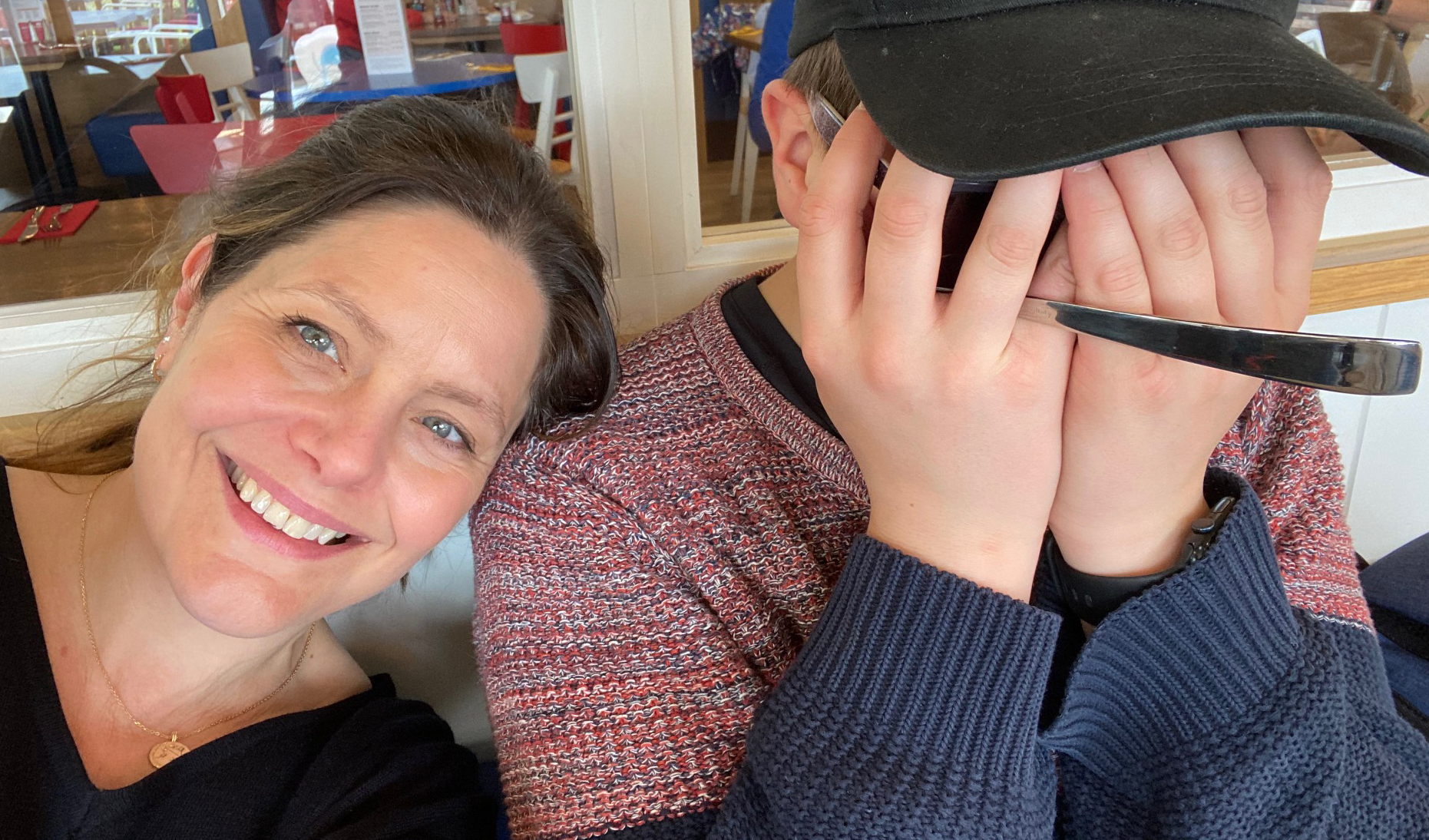 I have a 13-year-old son - here’s what I’ve found most difficult about parenting a teenager, and you might be able to relate
I have a 13-year-old son - here’s what I’ve found most difficult about parenting a teenager, and you might be able to relateMonosyllabic responses from our teenagers may sting, but it's normal
By Debra Waters Published
-
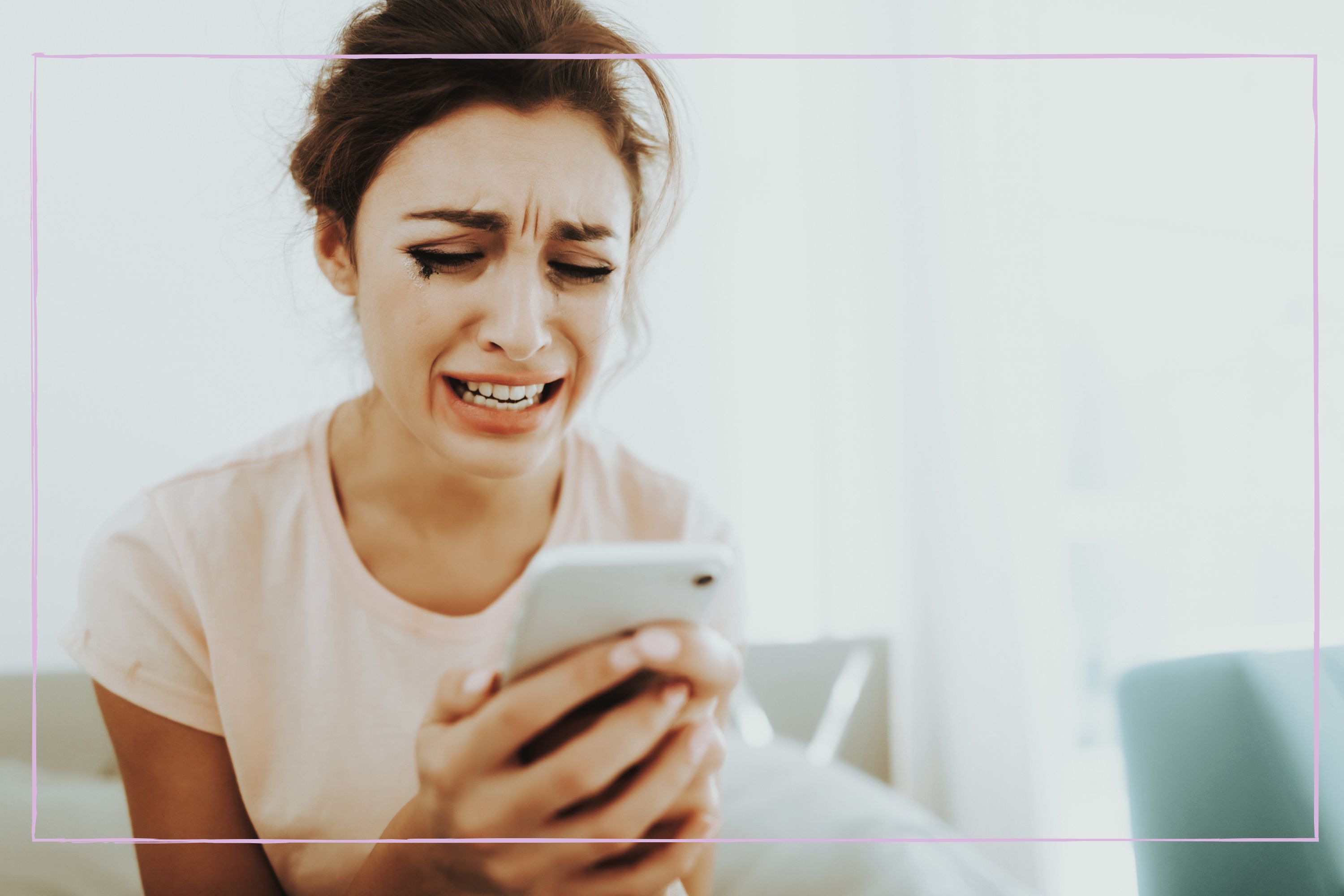 What is sadfishing? How to talk to your teen about this online trend, and the impact on mental health
What is sadfishing? How to talk to your teen about this online trend, and the impact on mental healthHave you been wondering what is sadfishing? An expert shares why parents should have a conversation with their teens about this potentially dangerous practice.
By Lucy Wigley Published
-
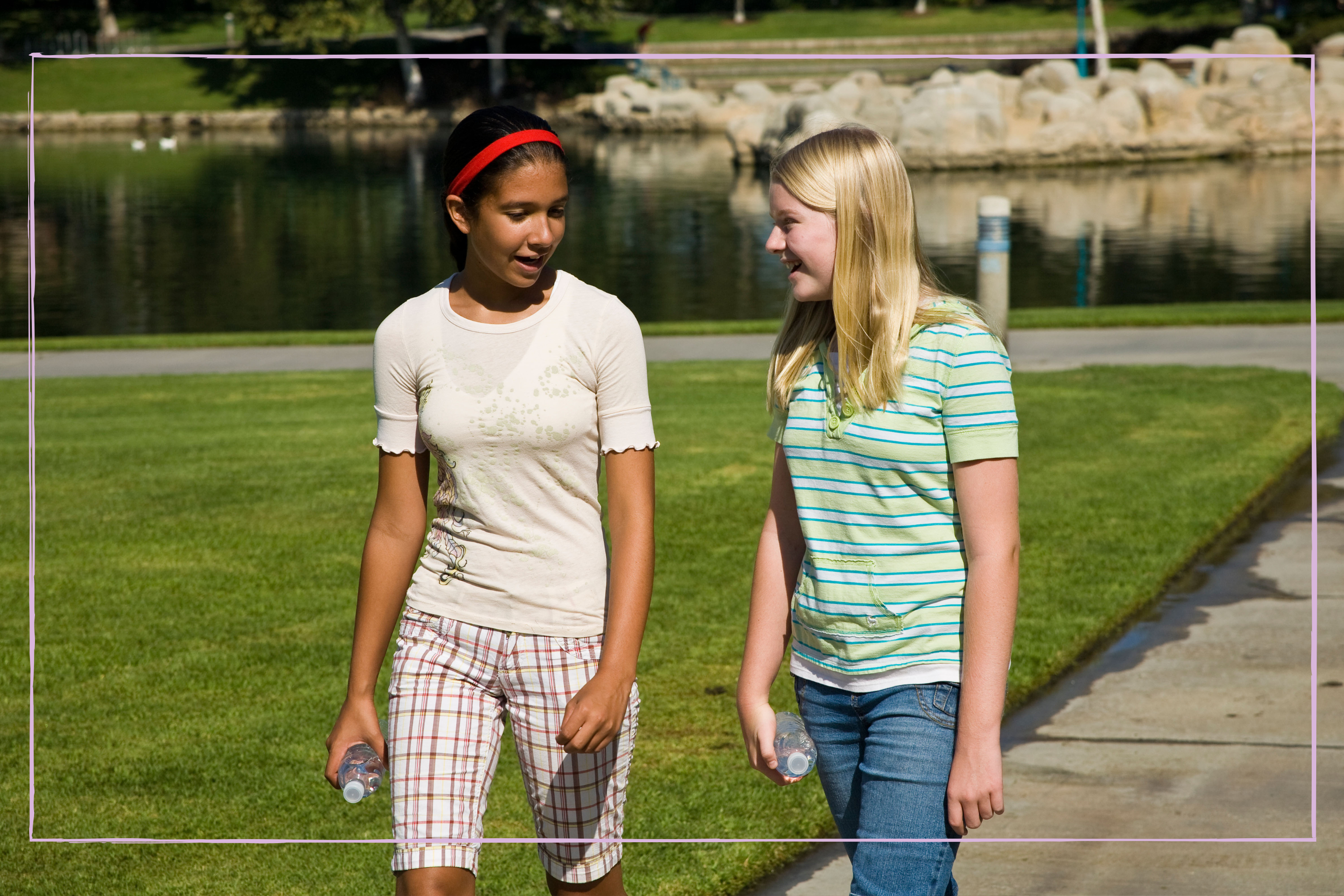 9 ways to let teenagers take positive risks this summer, according to an expert
9 ways to let teenagers take positive risks this summer, according to an expertHelp boost your teen's independence and confidence this summer with these small, manageable risks.
By Adam England Published
-
 What are 'Mickey Mouse' degrees? Expert reveals why this term is unhelpful for teens making higher education choices
What are 'Mickey Mouse' degrees? Expert reveals why this term is unhelpful for teens making higher education choicesWhat are 'Mickey Mouse' degrees? For teens embarking on those all-important higher education choices, it's an unhelpful term.
By Lucy Wigley Published
-
 Teens who display this one important quality during adolescent friendships, go on to be great parents according to research
Teens who display this one important quality during adolescent friendships, go on to be great parents according to researchA study has shown teens who display this one important quality during adolescent friendships, go on to be great parents - and it's fascinating.
By Lucy Wigley Published